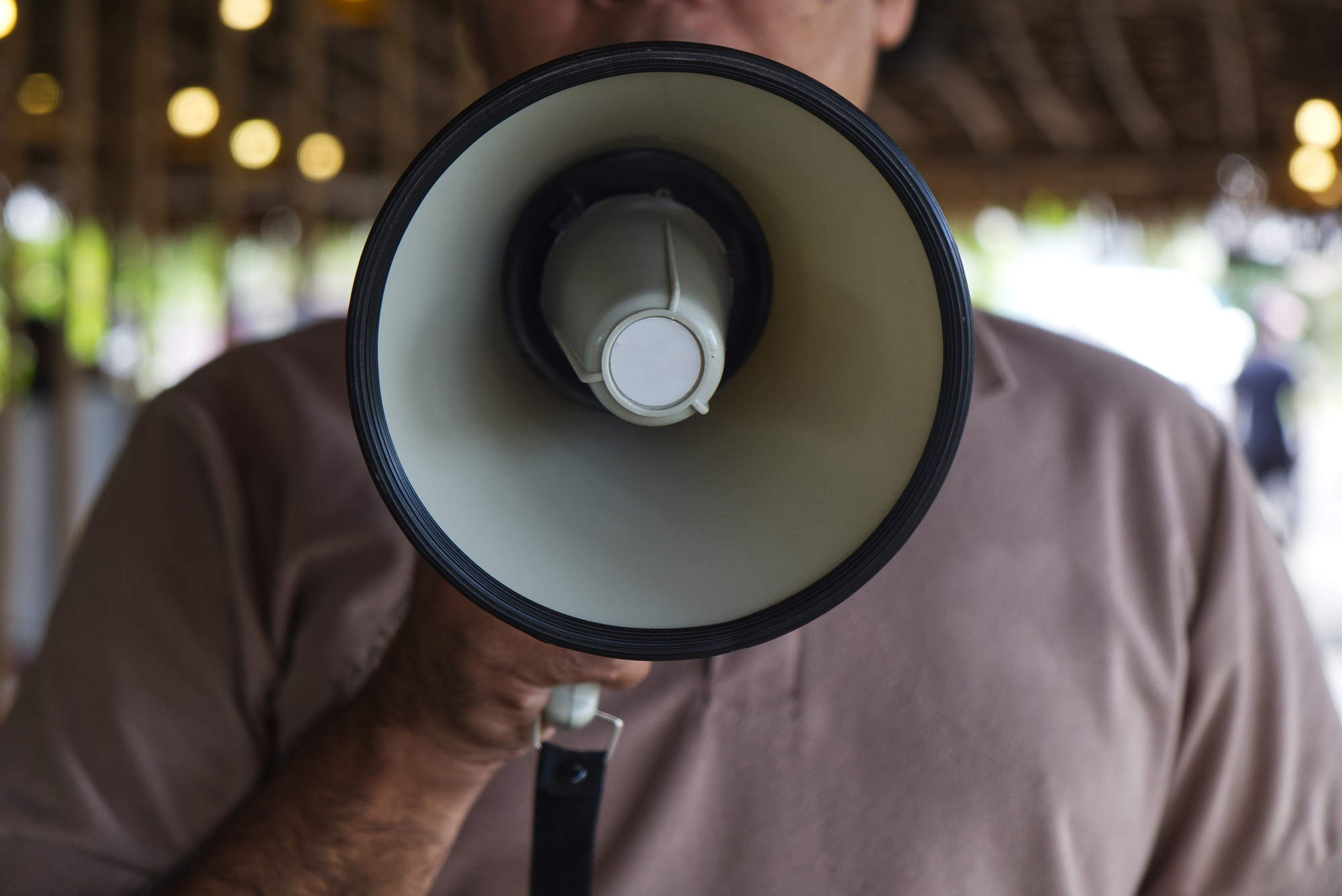Domestic Violence in Athletics: An Epidemic?

The NFL is not the only professional sporting league to be affected by the growing discussion of domestic violence. Hope Solo, the goal-keeper of the women’s professional soccer team, has been accused of two counts of domestic violence, according to Washington Post columnist Cindy Boren. Solo continues to play without repercussions even while waiting for her November trial. This dichotomy between Solo’s media treatment and that of the NFL players brings up some ethical questions.
First off, why is the coverage so different? As Boren asks, “Why is the notion of awaiting due process so inconsistently applied? And why aren’t more people talking about the fact that domestic violence isn’t simply an issue of men against women?” She strikes one of the key issues: men and women are treated very differently in this debate, for a multitude of deeply ingrained societal reasons. Men are typically portrayed as the perpetrators of domestic violence, and Solo’s case turns this societal expectation on its head.
There’s a more political issue at stake. Hope Solo has been extremely successful as a goal-keeper, with a current “shutout record [of] seventy-three games,” according to Boren. To publicize this story could wreak havoc on both Solo’s career and the success of the team. Perhaps the media’s lack of coverage has been a calculated move in the complicated game that is sports politics.
Most worrying, however, is the prevalence of athletes involved in domestic violence disputes. Boren lists four football players currently suspended or on leave because of their cases. Does this figure suggest that the culture of American sports allows this conduct to be acceptable? And how does gender play a part in this debate?
Thoughts? Let us know in the comments!




